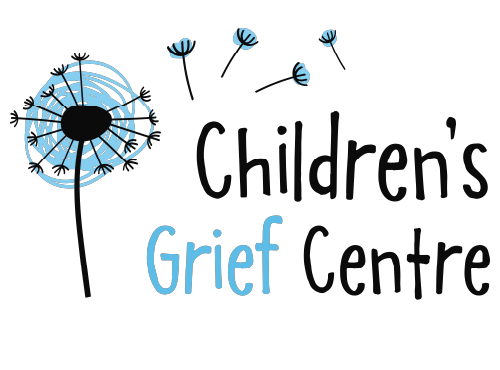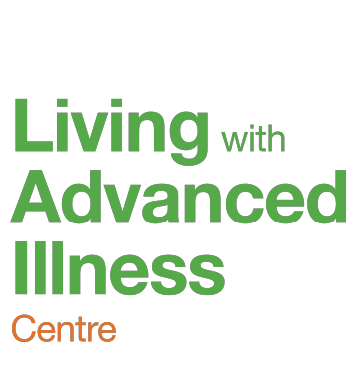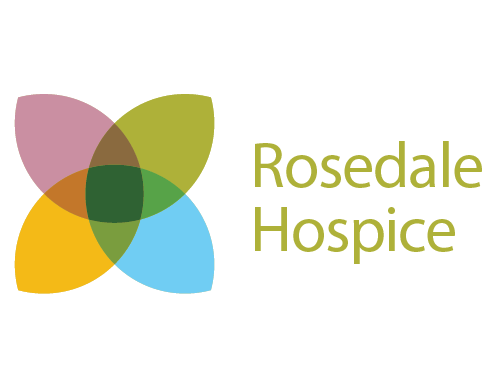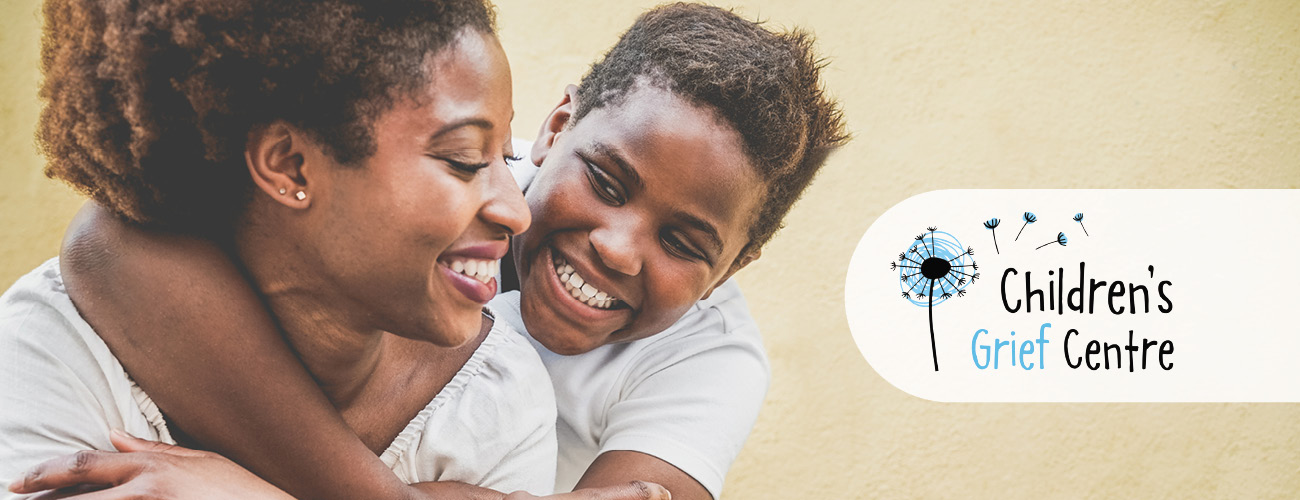Professional counselling for children, teens, or families navigating grief.
Grief is how we respond when we experience loss. Everyone experiences grief, and many people associate grief with the death of someone close to them. Grief is also a common reaction when someone in their lives is diagnosed with a life-threatening illness. Grief is complicated. There is no one way to experience it, and members of the same family can grieve differently. Counselling can help a grieving child, teen, or family navigate emotions and grief's overall impact.
To learn more, contact us using the email or number below.
Child, Teen, and Family Counselling
Connecting with others can reduce the sense of isolation and the feeling of loneliness that often come with grief. Our counsellors can help a grieving child, teen, or family navigate the emotions and overall impact associated with grief.
What to Expect
Parents and caregivers will be invited to meet their family’s counsellor during an intake session. When children and teens first meet with their counsellor, they will focus on getting to know each other and exploring the space. Counselling sessions may include art and play therapies, writing or other activities that help explore and express grief.
We Go Where We Are Needed
We ensure our services are accessible to all by attempting to remove logistical challenges during an already challenging time. Our counsellors work with patients and families at our centre and, when appropriate, can also offer support at hospices, hospitals, schools, homes, or other community locations.
Accessible to All
Counselling fees are on a sliding scale based on family income, and drop-in groups are free. We don’t turn anyone away due to financial difficulties as we work hard with our community partners to ensure there are no obstacles to accessing our services. If your financial circumstances change at any time, please do not hesitate to speak with your counsellor for a fee adjustment.
Risks & Benefits of Grief Counselling
There may be some increase in the intensity of feelings as we discuss and work through grief. The intention and benefit of counselling are to enhance our well-being. We all grieve uniquely and have different needs as we experience the death of someone close to us.
Individual counselling is focused on the individual’s immediate or near future concerns, such as grief after someone close to them has died. It’s a one-on-one discussion between the counsellor and the client. The two form an alliance, a relationship or bond that enables trust and personal growth. Sessions may include art and play therapies, writing or other activities that help explore and express grief.
Family counselling brings together the members of a family as a group. It focuses on family dynamics and explores issues that affect a family (e.g. disease, death or conflict). By engaging the immediate family unit in grief counselling, those grieving can find great long-term support as they establish their resiliency.
Hours & Parking
9:00 am to 5:00 pm, Monday to Thursday, and 8:30 pm to 4:30 pm on Fridays.
The Children’s Grief Centre is wheelchair accessible, and free parking is available in front of the building.
To access 24-hour counselling support, please contact the Distress Centre at 403-266-4357. For any other medical emergency, call 911.
New Client Forms
New client? Click here to access the forms you’ll need to complete before your first appointment.
Frequently Asked Questions
We often hear from children and teens that they are a little nervous about their first counselling session. We would like to share some information with you so you know what to expect. We hope that this will answer some of your questions.
What is it like to work with a counsellor?
The counselling relationship is a special one.
- Your time with your counsellor will be all about you and your family.
- It’s different from a friendship because your counsellor won’t really talk about him or herself.
- Your counsellor’s job is to listen to you, to help you with your grief and all that comes with it.
- Unlike what you and your friend’s do, your counsellor will not be spending time with you outside of your sessions.
What should I know about seeing a counsellor?
- You have choices about what you discuss in your meeting.
- Sometimes your appointments will include some of your family.
- You can share as much as you wish about any topic.
- If you decide you no longer want to see your counsellor, let them or your parent know.
- You can say no to anything your counsellor suggests, though we do ask you to be open to trying new things.
- It is important you are honest, so your counsellor can understand your story and your feelings.
What will my counsellor and I do together?
- Parents and caregivers will be invited to meet their family’s counsellor during an intake session.
- When you first meet with your counsellor, the focus will be getting to know each other and exploring the space.
- Counselling sessions may include art and play therapies, writing or other activities that help explore and express grief.
What will my counsellor do for me?
- They will keep what you tell them private unless you give them permission to share. And they can’t talk with your friends; their lips are sealed!
- All the counsellors are part of a team at Hospice Calgary. Sometimes they share stories of children and teens they work with to get more ideas on how best to help support them and their families. If you don’t want your counsellor to use your name if they tell your story, you can pick a pretend name together.
- Include your parent or guardian. Often parents or guardians want to know that you are okay! After each or a few appointments, you and your counsellor will talk about what you want to share with them.
- Keep your artwork or project safe until you are ready to take it home. If you don’t want to take it home, please let your counsellor know.
- They will be open to your questions and be honest with you.
Will I meet other grieving kids or teens like me?
- We offer a variety of groups for children, teens, and families, including Kids Club, Common Ground, and drop-in groups.
What qualifications do your counsellors have?
All counsellors have graduate degrees in counselling, social work, or psychology and are certified through the College of Alberta Psychologists, the Alberta College of Social Workers, or the Canadian Counselling and Psychotherapy Association. Our professional counsellors are bound by their professional code of ethics and Hospice Calgary’s policies.
How are services ended?
When you and/or your counsellor determine that Hospice Calgary services are longer required, your file will be closed. The opportunity to re-access services for grief counselling is available.
What if I need to speak to someone outside of business hours?
The Living with Advanced Illness Centre operates regularly between 9:00 am and 5:00 pm, Monday to Thursday and 8:30 pm to 4:30 pm on Fridays.
To access 24-hour counselling support, please contact the Distress Centre at 403-266-4357.
If you are a Palliative Home Care client, contact the 24-hour response line at 403-955-6288.
For any other medical emergency, call 911.
How can I contribute to improving services at Hospice Calgary?
As part of your counselling experience, you will be asked to complete surveys to assess your needs and the ongoing benefits of counselling. While you can decline to complete the surveys, your cooperation is appreciated to help improve the quality of support and services the organization offers.



